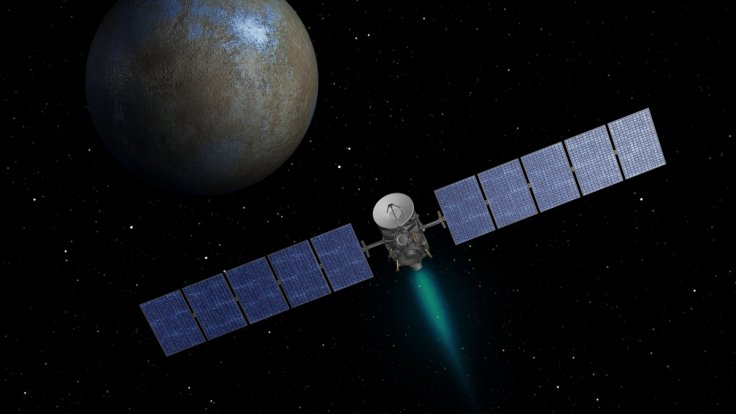
During the latest episode of NASA's "On a Mission" podcast, the project manager for the Dawn mission revealed the space probe's most important discovery on the dwarf planet Ceres. According to the project manager, the dwarf planet has certain features that could enable it to support life.
NASA's Dawn mission officially launched in 2007 with the objective of exploring the Vesta and Ceres protoplanets, which are massive cosmic objects in the asteroid belt. Many scientists believe that protoplanets were formed following the collision of kilometer-sized asteroids.
Challenges faced by Dawn Mission
As part of its mission, the Dawn space probe orbited Vesta and Ceres to observe the characteristics of the two dwarf planets. According to Marc Rayman, the project manager for the mission, the Dawn team encountered a couple of issues during the expedition due to the nature of the mission. Fortunately, the team members were able to overcome these challenges to carry on with the mission.
"The detailed exploration required orbiting them, not just flying by. For most solar system bodies that we've investigated, first we send a spacecraft to fly by," Rayman said during the podcast. "And Vesta and Ceres, in terms of solar system exploration, are very unusual in being the only massive objects which we didn't first fly by, but immediately started by orbiting, which presented some challenges for the Dawn Mission."

Possibility of finding life on Ceres
As Dawn proceeded with its mission, it took several highly-detailed photographs of Vesta and Ceres. Through these photos, Rayman and his team were able to study the unique features of the dwarf planets, such as the presence of water and other organic chemicals on Ceres. Although these findings are not clear indicators of the presence of life on the dwarf planet, Rayman said these are the same elements that led to the development of living organisms on Earth.
"Dwarf planet Ceres has a substantial amount of water, it has organic chemicals, and internal heat," Rayman explained. "These are many of the ingredients that are important for life. And I'm not saying there's life on Ceres, but Ceres could have chemistry that's related to the chemistry that gave rise to life on Earth, and perhaps elsewhere."
End of the Dawn Mission
The Dawn mission was officially concluded by NASA in November last year. After the mission was completed, the Dawn space probe was officially retired. It is currently following an uncontrolled orbit around Ceres. The mission marked the first time that a spacecraft visited and orbited two massive extraterrestrial bodies. For Rayman, the Dawn probe served as a pioneering vessel that opened up the possibility of studying distant cosmic objects up close.








